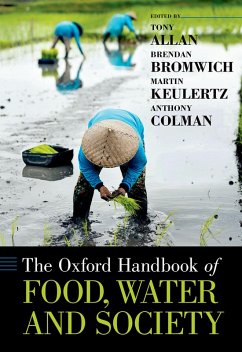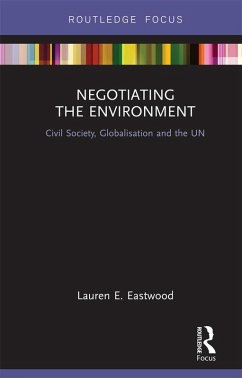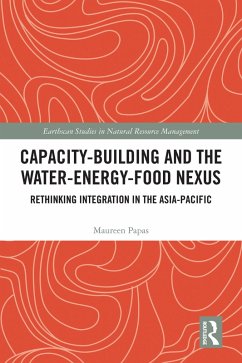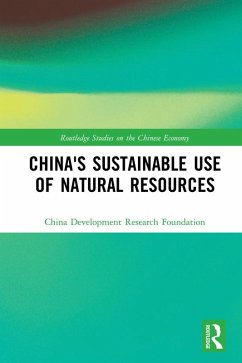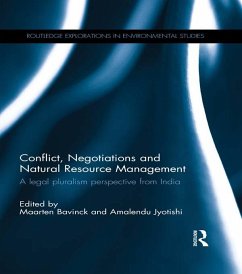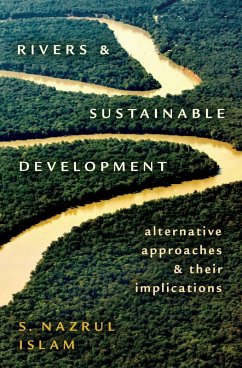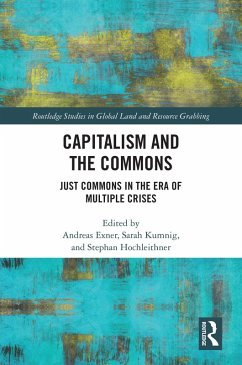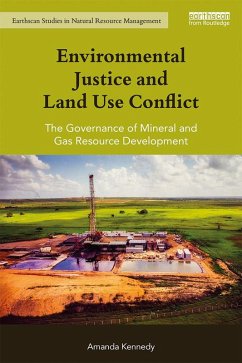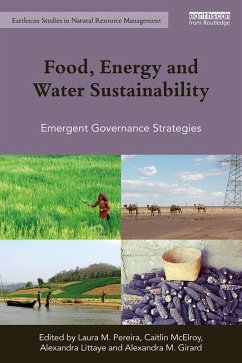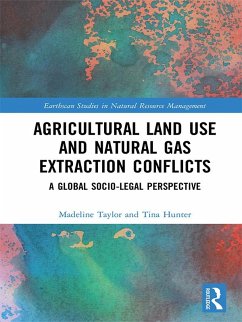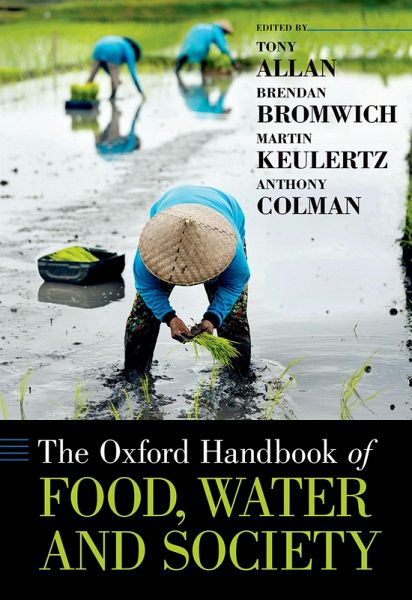
The Oxford Handbook of Food, Water and Society (eBook, PDF)
Versandkostenfrei!
Sofort per Download lieferbar
95,95 €
inkl. MwSt.
Weitere Ausgaben:

PAYBACK Punkte
48 °P sammeln!
Food, water and society: what is managed by whom, and with what impacts? Our food supply chains are at risk. Water resources--sometimes scarce, often damaged, and always under-valued--are among the major reasons why food and water security rank high every year in the World Economic Forum's major global risk analysis. A stable and sustainable food system is critical to society's survival. This Handbook shows that keeping the food system stable comes at the expense of the environment, especially of water resources and those who consume and manage them. The way the food system operates reflects h...
Food, water and society: what is managed by whom, and with what impacts? Our food supply chains are at risk. Water resources--sometimes scarce, often damaged, and always under-valued--are among the major reasons why food and water security rank high every year in the World Economic Forum's major global risk analysis. A stable and sustainable food system is critical to society's survival. This Handbook shows that keeping the food system stable comes at the expense of the environment, especially of water resources and those who consume and manage them. The way the food system operates reflects hard political realities. Rather than pay for the environmental costs of sustainable production, society expects food at ever lower prices. Governments reflect their electorates in this regard. Given that farm production may account for as little as 10% of the food value chain in wealthy economies, it is striking that governments have been unwilling (or unable) to put in place the essential laws and accountability that would enable famers to ensure both production and stewardship. Corporate food traders, food manufacturers, and retailers on the other hand operate in markets that make profits and pay taxes. But these corporations are not contractually bound to utilize highly nutritious, sustainably produced food commodities. The articles in this Oxford Handbook have been written by water and food system scientists and professionals, including farmers, rarely heard voices who understand the problems of food producers, food manufacturers, and regulating markets and public policy. The articles address the blind spots of society and its public policymakers, demonstrating the importance of informing society about the consequences of its food preferences and the heroic challenges it is beginning to face. The damage we are doing to our water and soil ecosystems is as important as the damage we do to the atmosphere. Impressed by the technical and organizational advances of the past two centuries, the contributors featured in this book also take note of where economic inefficiencies and cultural deadlock in a 4,000 year old system are putting our critical food supply chains at risk.
Dieser Download kann aus rechtlichen Gründen nur mit Rechnungsadresse in A, B, BG, CY, CZ, D, DK, EW, E, FIN, F, GR, HR, H, IRL, I, LT, L, LR, M, NL, PL, P, R, S, SLO, SK ausgeliefert werden.




